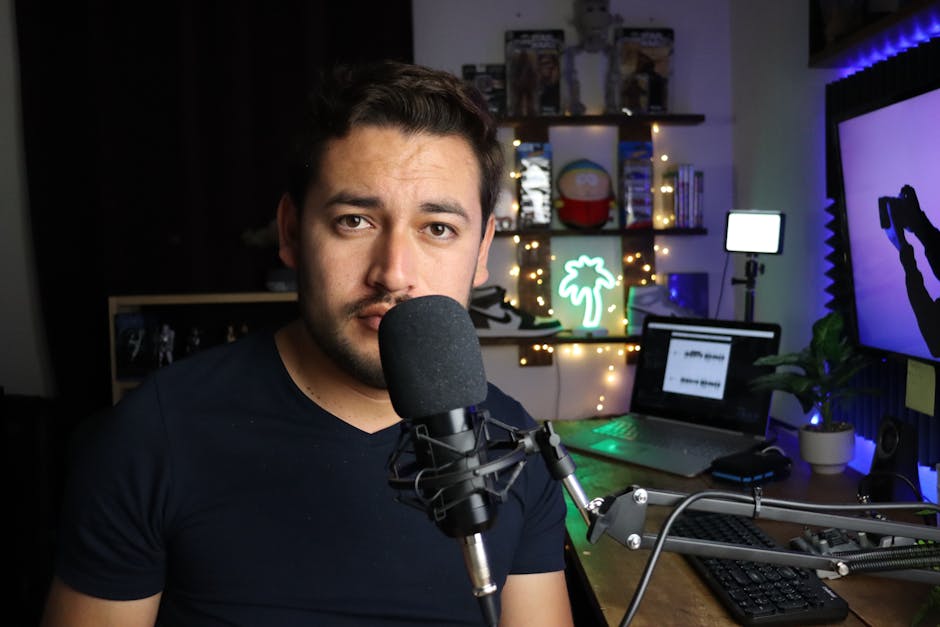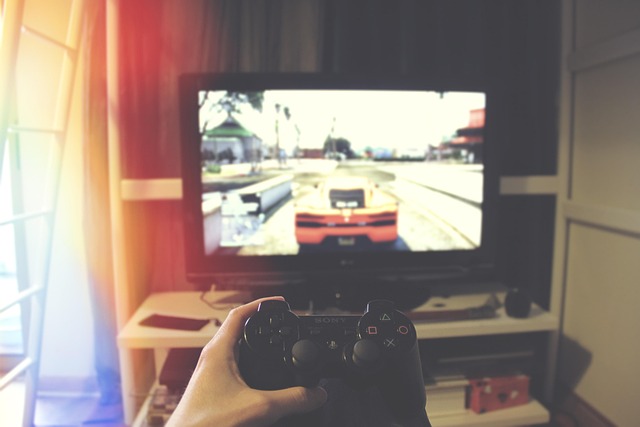In the electrifying arena of esports, the difference between victory and defeat often hinges on the minutiae of skill, strategy, and mental acuity. At the heart of every celebrated esports professional lies a rigorous and well-structured training regimen. These programs are not mere routines; they are the alchemy of discipline, strategy, and psychological fortitude that elevate gamers to the status of champions.
Crafting the Perfect Training Schedule
Professional esports athletes adhere to meticulously crafted training schedules. A typical day might involve several hours of gameplay, where mastering game mechanics and strategies is paramount. However, it’s not just about quantity; quality and focused practice are crucial. This includes replay analysis to understand missteps and opportunities, scenario drills to refine specific skills, and team exercises to enhance coordination and communication.
Physical Fitness and Mental Wellbeing
Contrary to popular belief, physical fitness plays a significant role in an esports athlete’s regimen. Regular exercise, including cardiovascular and strength training, boosts stamina, reaction time, and overall health, directly impacting in-game performance. Equally important is mental wellbeing. Mindfulness practices, stress management techniques, and ensuring adequate rest and sleep are integral to maintaining cognitive sharpness and emotional balance.
Nutrition and Diet
Diet and nutrition also form a critical component of an esports training program. A balanced diet rich in nutrients supports cognitive function and energy levels, vital for the intense focus required during competitions. Many professional teams now work with nutritionists to tailor diets that cater to individual players’ needs.
The Role of Coaching and Support Teams
Behind every successful esports professional is a support team consisting of coaches, analysts, and often, psychologists. Coaches provide strategic guidance and personalized feedback, helping players refine their skills and adapt to evolving game meta. Analysts dive into game data, offering insights that inform tactics and decision-making. Psychologists aid in mental training, focusing on aspects like resilience, motivation, and handling pressure. Along with rigorous training regimens, many esports teams also embrace custom team apparel, such as personalized t shirts, to enhance their identity and foster a sense of unity during intense practice sessions.
Adapting to an Ever-Changing Landscape
Esports is a domain of constant evolution, with game patches, new strategies, and emerging talents continuously reshaping the competitive landscape. Training regimens, therefore, are dynamic, adapting to these changes. Pros must remain agile learners, continually updating their knowledge and tactics to stay ahead in the game.
Conclusion
The training regimens of esports professionals are a blend of rigorous practice, strategic learning, physical conditioning, and mental fortitude. It’s a holistic approach that transcends mere gameplay, preparing them for the intense demands of competitive gaming. As esports continues to grow, these training protocols not only shape the careers of individual athletes but also define the standards and expectations of professional gaming worldwide.
Timothy R. Richmond, the skilled copywriter at MetaNow Gaming, is a driving force behind the diverse gaming content and community interaction on the platform. With a passion for storytelling in the gaming world, Timothy weaves narratives that resonate with the gaming community. His dedication to creating engaging and inclusive content makes MetaNow Gaming a vibrant hub for gamers seeking more than just news and reviews. Join Timothy on the journey at MetaNow Gaming, where his words contribute to a rich tapestry of diverse gaming experiences, fostering a sense of community and shared enthusiasm within the gaming universe.





